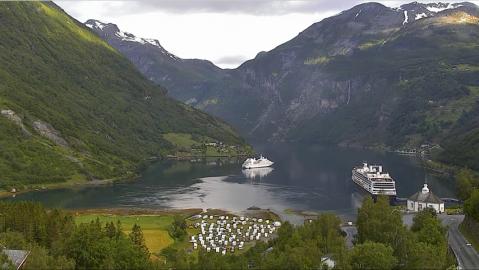With a new president in the White House and a renewed mandate for global affairs and multilateralism, the US seems to be back on track and ready to revive relations with its close partner, the European Union. The new administration has called for stronger collaboration and leadership from the EU to further align on a common strategy toward China and Russia, bolstering the NATO alliance, expanding the US-EU scope to include other democratic partners and aligning on post-pandemic recovery. While some within the EU have welcomed the US back with open arms, others have called for a more distanced reengagement in the form of strategic autonomy. The last four years under the Trump administration have left a power vacuum for global challengers to take advantage of the unengaged US, leaving other democratic nations, including the EU, to take a more autonomous approach towards global affairs, including climate change, trade disputes and geopolitical challengers such as Russia and China. While not a new concept, strategic autonomy comes with its own set of challenges, including deepening divisions within the EU and questioning to what extent this can be applied towards long-term security and economic facets. As democracies around the world deal with both domestic and external challenges, developing a new transatlantic agenda that adapts to the new security, political and economic environment, while managing geopolitical rivalries, is central to advancing this relationship and agenda. This session will explore the latest foreign policy developments of the Biden administration, evaluate the future of the EU-US relationship and consider if the EU will go down the path of strategic autonomy or towards a strategic alliance.
Matthew G. Boyse, Deputy Assistant Secretary, U.S. Department of State
Ruth Bajada, Head of Division US & Canada, European External Action Service
Benedetta Berti, Head of Policy Planning Unit, Office of the Secretary General, NATO
Roland Freudenstein, Policy Director, Wilfried Martens Centre for European Studies
Frances Burwell, Distinguished Fellow, Atlantic Council
Moderator: Ivan Hodáč, Founder and President, Aspen Institute Central Europe
Matthew G. Boyse, Deputy Assistant Secretary, U.S. Department of State
Ruth Bajada, Head of Division US & Canada, European External Action Service
Benedetta Berti, Head of Policy Planning Unit, Office of the Secretary General, NATO
Roland Freudenstein, Policy Director, Wilfried Martens Centre for European Studies
Frances Burwell, Distinguished Fellow, Atlantic Council
Moderator: Ivan Hodáč, Founder and President, Aspen Institute Central Europe
- Category
- ATLANTIC ROAD
Commenting disabled.













